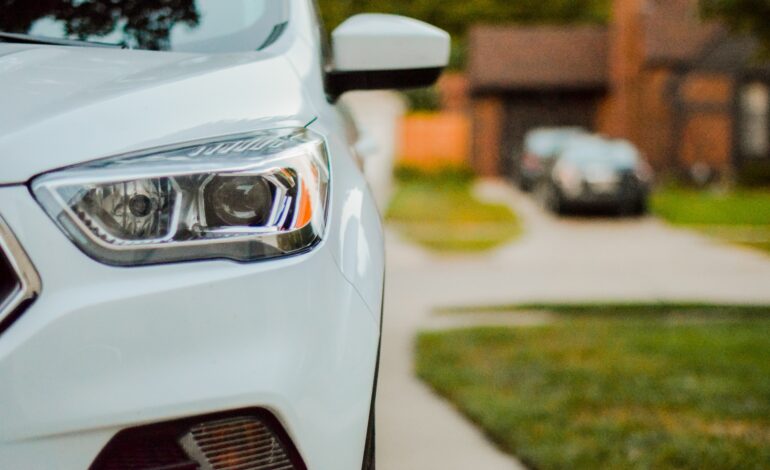MICHIGAN — The state of Michigan announced refund checks of $400 per vehicle for drivers in 2022.
The money, $3 billion in total, comes from surplus funds that Michigan drivers have paid into the Michigan Catastrophic Claims Association (MCCA).
The MCCA is a non-profit unincorporated association created by the Michigan Legislature in 1978, of which every insurance company that sells automobile or motorcycle coverage in Michigan is required to be a member.
After Michigan changed car insurance laws to give drivers the option to choose levels of injury coverage, the state said the MCCA had a surplus of more than $5 billion in excess claims that could be getting back to drivers.
The MCCA’s analysis determined that approximately $3 billion of the surplus could be returned to policyholders while ensuring continuity of care for auto accident survivors.
The refund plan submitted to the Michigan Department of Insurance and Financial Services (DIFS) on Monday by the MCCA will return money to every Michigander with an auto insurance policy in force as of 11:59 p.m. on October 31, 2021.
Eligible drivers do not need to take action in order to receive a refund. The surplus funds will be turned over by the MCCA to insurance companies operating in Michigan by March 9 and the insurers will be responsible for issuing checks to eligible policyholders. The DIFS says it will direct insurers to issue refund checks to consumers as soon as possible, but in no event later than 60 days after the transfer of funds.
“These refunds and the recently announced statewide average rate reductions are lowering costs for every Michigan driver,” Governor Whitmer said. “Michiganders have paid into the catastrophic care fund for decades and I am pleased that the MCCA developed this plan so quickly after unanimously approving my request to return surplus funds to the pockets of Michiganders.
“We are working together to put Michigan drivers first and I am directing DIFS to ensure that the MCCA and Michigan’s auto insurance companies accurately, fairly and promptly issue these refunds.”
Whitmer’s administration has claimed the state’s new insurance laws mean big savings for drivers, but critics point out that those lowered rates only come at the expense of lesser insurance pay outs for health care coverage in case of an injury due to an accident.
The new law also purports to increase consumer protections by banning companies from using non-driving factors to set rates like ZIP code, credit score, gender, marital status, occupation, educational attainment and homeownership.
Detroit and surrounding densely-populated cities like Dearborn and Hamtramck continue to see high rates.
Earlier this summer, a new car insurance industry report said that though Michigan is no longer the most expensive state in the country to insure a car, it still remained in the top five most expensive insurance sates.
Additional information about the auto insurance reform law, including the uninsured driver amnesty period, which expires before January 1, can be found at Michigan.gov/AutoInsurance.






Leave a Reply